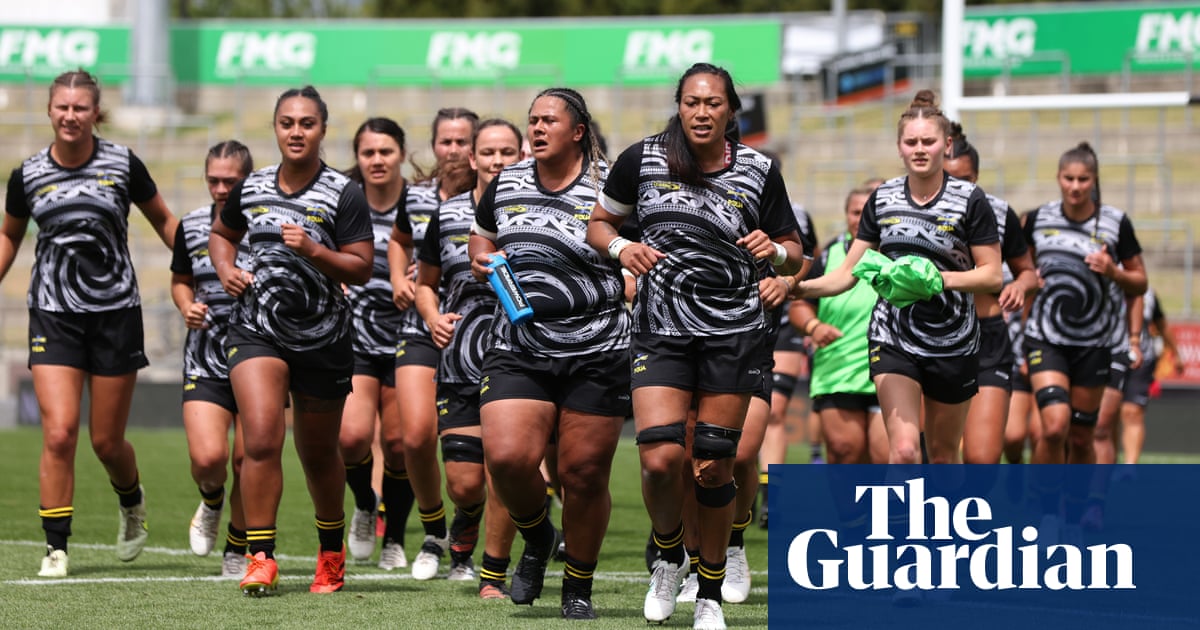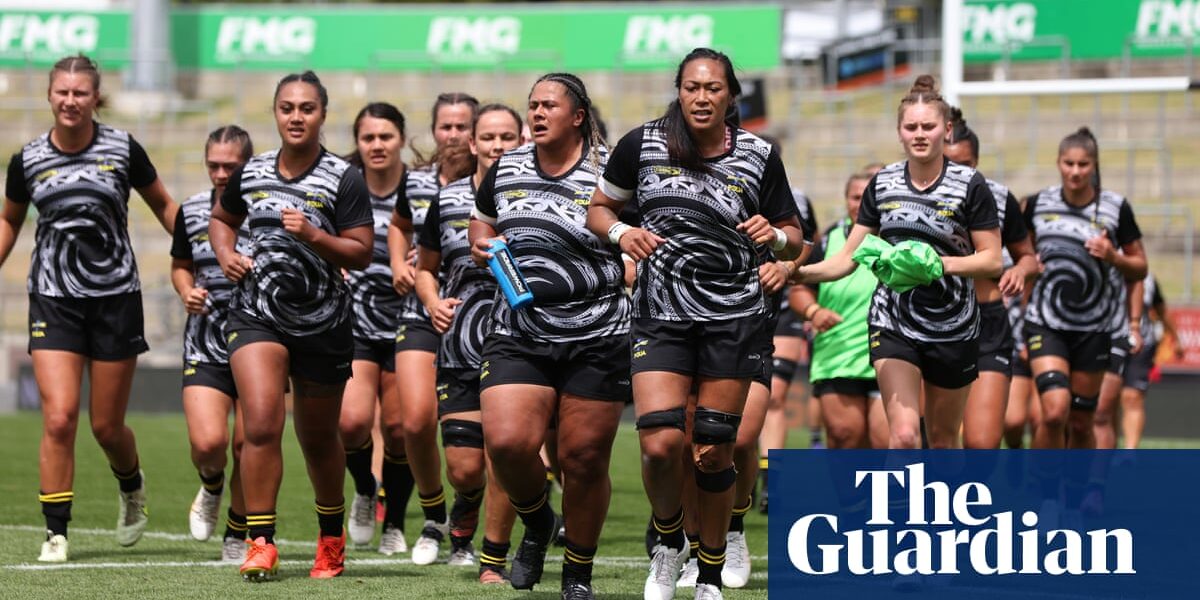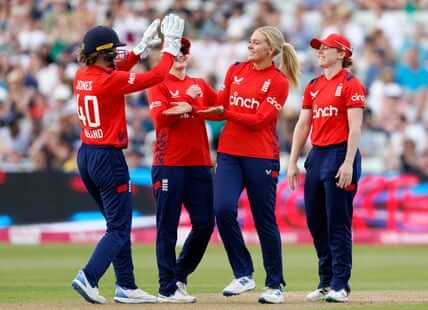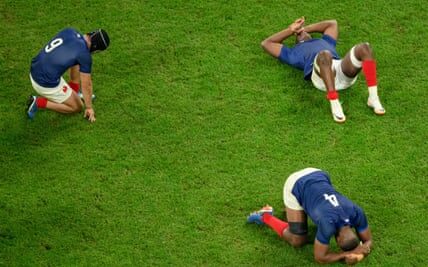A haka performed by a New Zealand rugby team sparked controversy after they referred to the government as “rednecks”.

A disagreement has arisen in New Zealand regarding the appropriateness of protesting in professional sports, following a women’s rugby team’s decision to refer to the coalition government as “rednecks” during a pre-match haka.
The Poua Hurricanes, the women’s rugby team from Wellington, included words to their haka prior to their Super Rugby Aupiki game against the Chiefs Manawa in Hamilton on Saturday.
The leader of the haka and prop, Leilani Perese, kicked off the performance with the words “karetao o te Kāwana kakī whero” meaning “puppets of the redneck government,” followed by the team joining in to pay homage to important documents and movements that support Māori self-governance.
In an interview with RNZ, Perese explained that he intentionally introduced the haka to the team’s leadership just before the event, in hopes that the revised lyrics would convey a powerful message to the government.
Perese expressed feeling empowered and excited about the addition of their haka. She also mentioned receiving encouragement from her teammates.
During its brief tenure, the coalition led by Prime Minister Christopher Luxon, consisting of three parties, has declared its intention to repeal or reassess numerous policies benefiting Māori. This initiative is purportedly aimed at enhancing outcomes for all citizens of New Zealand.
This involves undoing efforts aimed at enhancing Māori health results, halting policies labeled as “race-based” such as shared governance between Māori and the government, and reducing the use of the Māori language in the government sector.
The policy that has generated the most vocal opposition is a proposal from one party in the coalition to redefine the principles of the Treaty of Waitangi – New Zealand’s founding document – which includes the right to Māori autonomy and protection of Māori interests.
Perese, a Ngāpuhi native, shared that she communicated her worries with her teammates who are not Māori. She stated, “They sympathize with the mamae [suffering] we are experiencing, as well as the anger and frustration. They also felt it.”
According to Perese, it is important for rugby players to voice their opinions. They should take advantage of their platform to demonstrate their determination and resilience, and to show the government that they are powerful and will not back down without a fight.
Minister of Sports and Recreation, Chris Bishop, denied the suggestion that the government was discriminatory and stated to the NZ Herald that though he did not agree with the sentiment behind the haka, the team had the right to express their beliefs.
Winston Peters, the deputy prime minister, adopted a less cooperative attitude. On X, he wrote, “Maybe if they put more effort into tackling and catching the ball rather than exerting all their energy on performing a haka and attempting to attack the government, they wouldn’t have been so soundly defeated.” The Chiefs Manawa won against the Hurricanes Poua with a score of 46-24.
Act party leader, David Seymour, spoke to the press gallery reporters in defense of the team’s freedom of speech, but also resists individuals who make “foolish” remarks about the proposal to redefine the treaty.
Seymour stated that the comments made by the Hurricanes Poua indicate their ignorance regarding the color of my skin. He added that he promises to dedicate more time to their tactics and less time to their derogatory remarks and political agenda.
The Guardian’s request for a statement from Hurricanes management has not been answered yet. The chief executive, Avan Lee, told local media that he was taken by surprise and that an investigation is currently being conducted. Lee also mentioned that the Hurricanes will issue an apology to the government.
New Zealand Rugby released a statement acknowledging the freedom of professional players to share their own opinions on various matters, while also stating their expectation for them to do so in a respectful and inclusive manner.
The team’s performance has stirred up controversy in the local media. Some critics have accused them of abusing their platform and promoting division within the country, while others have praised their bravery and called it a heroic move.
In New Zealand, sport has a history of being intertwined with protests and political activism. One of the most famous instances was during the 1981 Springbok Tour, when the All Blacks played against South Africa’s national team. The tour caused division among rugby fans and sparked numerous protests, some of which turned violent. One notable protest saw hundreds of demonstrators invade a rugby field in order to stop a match from taking place.
According to Alice Soper, a rugby commentator, the idea of separating protest from sports fails to acknowledge the fact that politics has an impact on every aspect of life.
Political figures often utilize sports platforms to showcase their identities and beliefs, but they often show disapproval when the creators of those platforms wish to do the same.
According to Soper, the negative response to the haka exposes a significant lack of understanding and knowledge about different cultures, which is especially evident considering the large presence of Māori players in professional sports.
“We have commercialized the haka by removing its cultural significance. It was inevitable that the Māori people would want to reclaim the true meaning of this performance,” she stated.
Source: theguardian.com




